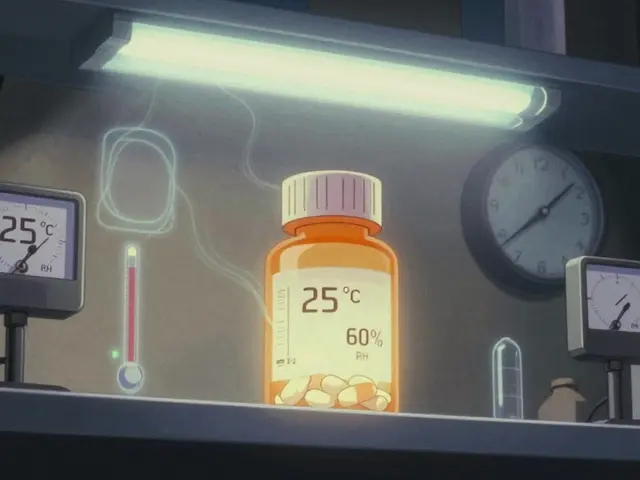Proton Pump Inhibitor Side Effects: What You Should Watch Out For
Proton pump inhibitors, or PPIs, are medications many people take to reduce stomach acid, usually for acid reflux, GERD, or ulcers. They work well for easing symptoms, but like any drug, they come with some side effects. It’s smart to understand these effects so you can spot issues early and chat with your doctor if needed.
Common Side Effects of PPIs
Most folks tolerate PPIs pretty well, but some experience mild side effects. These often include headaches, upset stomach, nausea, or diarrhea. If you notice these symptoms, they might clear up as your body adjusts, but persistent or worsening issues should be discussed with your healthcare provider.
Another common complaint is a feeling of gas or bloating. This happens because lowering stomach acid can change digestion a bit. While annoying, it usually isn’t dangerous.
Less Common but Important Risks
Long-term or high-dose PPI use has been linked to some risks you should be aware of. For starters, reduced stomach acid can affect how your body absorbs certain nutrients, like magnesium, calcium, and vitamin B12. This might lead to deficiencies if you’re on PPIs for a long time without monitoring.
There’s also a higher chance of infections like Clostridium difficile, a gut infection causing severe diarrhea. Stomach acid helps kill harmful bacteria – when it’s lowered, some risky germs might get through more easily.
Some studies suggest long-term PPI use might increase the risk of kidney problems, bone fractures, and even heart issues, though the evidence isn’t crystal clear yet. Because of this, doctors usually recommend using PPIs at the lowest dose possible and only as long as needed.
Wondering if your symptoms or the medication itself could be causing side effects? Keep an eye on any new or unusual symptoms. If you feel persistent stomach pain, muscle cramps, irregular heartbeat, or severe diarrhea, check in with a healthcare professional promptly.
In summary, PPIs can be great for managing acid reflux and related conditions, but it’s important to use them wisely and stay alert to side effects. Talk openly with your doctor about your treatment plan, especially if you need long-term use. That way, you get symptom relief without surprises.
Proton Pump Inhibitor Side Effects: Long-Term Risks, Warning Signs, and Safer Alternatives
By Lindsey Smith On 22 May, 2025 Comments (11)

Proton pump inhibitors (PPIs) can quietly cause trouble when used long term for acid reflux, heartburn, or GERD. This article uncovers the real risks of sticking with PPIs too long—from vitamin deficiencies to dangerous infections—and shares smart ways to recognize early warning signs. You'll also discover when it’s time to try something else, and exactly what alternatives exist, so you can protect your health while keeping stomach problems under control.
View More




